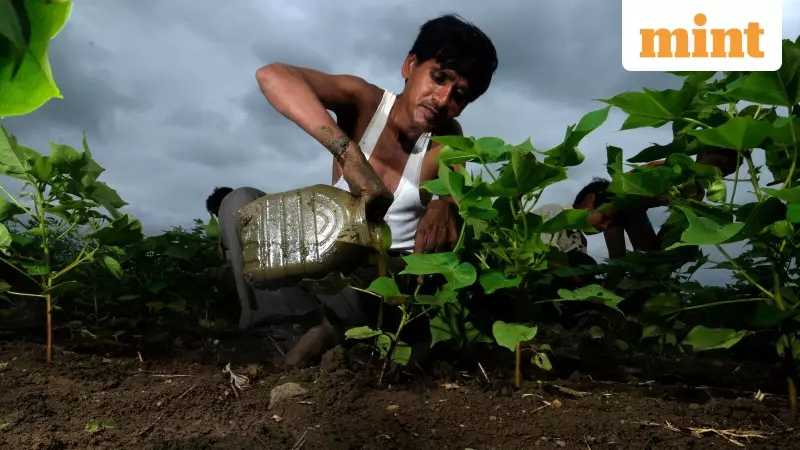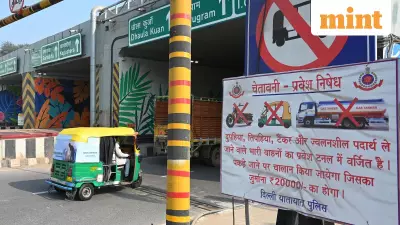
The Ministry of Agriculture and Farmers Welfare has taken a significant step toward modernizing India's seed regulations by inviting public feedback on the draft Seeds Bill, 2025. This proposed legislation aims to completely replace the outdated Seeds Act of 1966 and the Seeds Control Order of 1983, bringing seed regulations in line with contemporary agricultural practices and market realities.
Addressing the Growing Menace of Spurious Seeds
The move comes amid increasing concerns about economic losses caused by sub-standard seeds across Indian farmlands. Fake seeds, often sold under branding nearly identical to genuine products, frequently fail to germinate properly or deliver promised yields, leaving farmers trapped in debt cycles that can span multiple cropping seasons.
Government data reveals the alarming scale of this problem. During the 2024-25 period, seed inspectors across 24 states and Union territories collected 2.53 lakh seed samples for testing. Shockingly, 32,525 of these samples were found to be sub-standard, highlighting the urgent need for regulatory overhaul.
Key Provisions of the New Legislation
The draft Seeds Bill, 2025 focuses on multiple critical areas to transform India's seed ecosystem. The primary objectives include regulating seed and planting material quality, ensuring farmers can access high-quality seeds at reasonable prices, curbing counterfeit seed sales, and protecting agricultural communities from devastating crop losses.
A central feature of the proposed law is strengthening authentication systems to verify seed quality and originality—a long-standing demand from both farmers and seed breeders. Industry experts note that mislabelled, repackaged, or illegally reproduced seeds frequently enter supply chains, undermining trust and increasing crop failure risks.
On the enforcement front, the bill proposes a balanced approach: decriminalizing minor offences to ease compliance burdens for small seed producers while maintaining strict penalties for serious violations like manufacturing or selling fake or misbranded seeds.
Expert Perspectives on Seed Quality Challenges
Agricultural scientists emphasize that seed quality and authenticity are crucial not just for productivity but also for climate resilience. As one expert explained, "With increasing climate stress, seed quality and purity become even more critical—farmers need varieties that perform exactly as claimed under challenging conditions."
Dr. Brajesh Singh, Director of ICAR-Central Potato Research Institute in Shimla, highlighted the benefits of certified seeds: "Genuine and certified seeds ensure high crop yield, quality produce, and resistance to pests and diseases. It maintains varietal purity and genetic integrity, thus assuring farmers achieve desired results and better income."
Industry leaders have proposed technological solutions to address authentication challenges. R. G. Agarwal, Chairman Emeritus of Dhanuka Agritech Ltd, suggested: "The government should use blockchain for seed traceability and to verify originality. Fake seeds are a serious concern that reduces productivity and has become a major problem for farmers."
Binod Anand, a member of the government's MSP Committee of Agriculture, identified trust as the fundamental issue: "Farmers often cannot be sure that the seed they buy is genuine, and one bad season can push them into debt. Any new seed law must ensure that every packet sold in the market is clearly verifiable and backed by a system that holds sellers accountable."
The context for these regulatory changes is India's rapidly growing seed market, which is estimated to reach $3.82 billion in 2025 and projected to expand to approximately $5 billion by 2030, representing a compound annual growth rate of about 5.5%.





